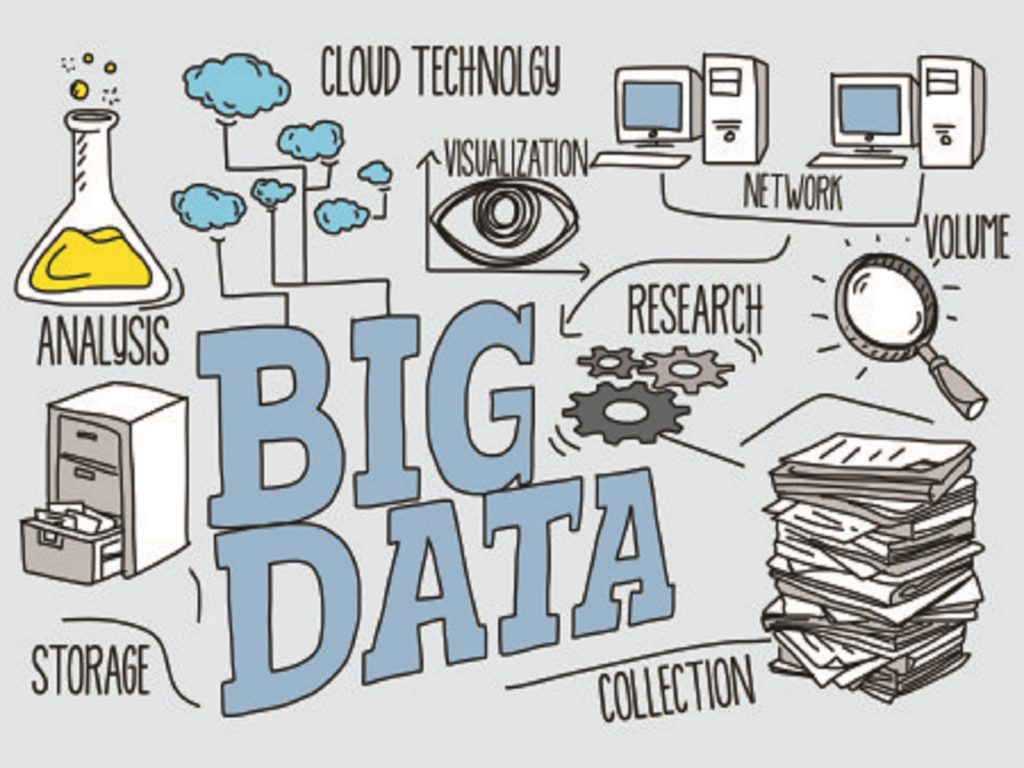
What is big data and why should I care?
Big data has become part of our daily language. We read about it. We see companies that are “experts in big data.” LinkedIn is filled with big data engineers and analysts. But what is big data, where did it come from, and why is it widely available now when it wasn’t ten years ago?
Big data is actually exactly what it sounds like. Big. Data. It is comprised of an enormous amount of 0s and 1s that carry all kinds of meaning. The volume and complexity of the data sets is so large that the Excel or Access analytical tools that we are used to no longer allow us to understand or manipulate the data. Big data is not new. It has always been available.
The big news about big data is that, now, the data no longer needs to be structured in order to be analyzed (read: less work for all of us to “prep” the data for analysis) and it is available real time vs. in weeks (read: no more need to schmooze your IT contacts to run a report for and send it a week later). I remember the days when I was in the banking industry and needed to analyze a set of trades within a month. It would take a week just to find who to talk to, build the relationship, explain what I need, and then another week to get my answers.
All of this inefficiency has been eliminated. Now, we have access to a real-time, friendly system that can answer questions about transactions as they happen. The enabler for all of this is new data storage options. In the past, it was impossible to store data in a flexible way. With the current advancements, that is now possible, making big data widely available.
This is the baseline answer to the “what is big data” question. Josh Ferguson, Chief Architect of Mode Analytics, dives deeper to explain. “Big data is the broad name given to challenges and opportunities we have as data about every aspect of our lives becomes available. It’s not just about data though; it also includes the people, processes, and analysis that turn data into meaning.” In other words, just because we have more data, does not mean we have all the answers we need.
It is necessary to derive insights and information from the data. This is where most companies fail. They aggregate more and more data and never operationalize it. Sometimes they do not even report it. So much data is sitting dormant across all industries because there is no one engaging with it in an analytical way. Consider airlines and kiosk data. Airlines collect performance/usability data (how many days/hours the kiosk was working and/or was used), usability/UX data (which screen of the interface gets abandoned by the customer and how often), and a variety of transaction data (how quick was the kiosk response when people engaged with it). Does this data help airlines on its own, even if the data was collected for 12 months? Absolutely not.
Here is why this matters for customer experience professionals: because we can be the masters of data and control the insights and the messaging that comes from the insights. As customer experience leaders, we can recommend which kiosks should be REMOVED from the system because they barely get used (i.e. save total costs). We can build a dynamic maintenance contract to have maintenance performed only AFTER a certain usage number is reached vs. a static every 3 months maintenance cycle for all kiosks (i.e. lower maintenance costs). Consider how we can use insights that show when customers drop off. Finding that information allows a CX expert to fix the problem and increase the self-service conversion. That means more savings for the company! If a company has service agreements with partners, transaction speed data makes it possible to manage those SLAs much better. In other words, big data with the right critical thinker on top is a source of immense power and leverage. And that is why we should all care about big data.
So, the next time one of those companies approaches your organization saying it will empower your data, ask them who will be extracting the insights from that power, and make sure to build an in-house team of very smart people who can do the magic for you. Once that is set up, start asking good questions and fuel the engine of competitive advantage you can build with big data!
This article first appeared on https://thepetrovaexperience.com on 6th November 2018





